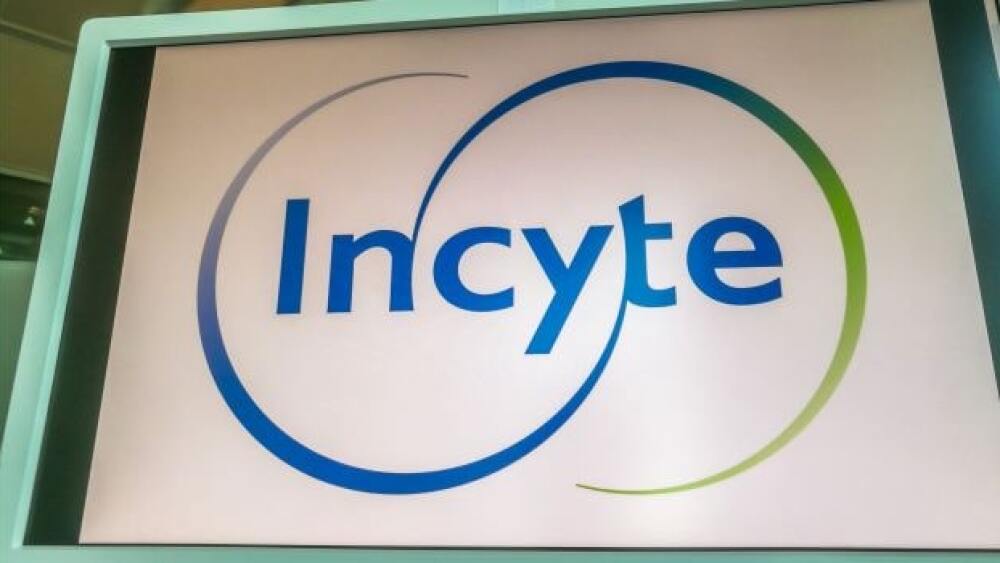FDA approved Incyte’s Opzelura (ruxolitinib) cream for atopic dermatitis (AD) for the short-term and non-continuous chronic treatment of mild to moderate AD.
FDA approved Incyte’s Opzelura for atopic dermatitis. (Eyesonmilan/Shutterstock)
The U.S. Food and Drug Administration (FDA) approved Incyte’s Opzelura (ruxolitinib) cream for atopic dermatitis (AD). The drug, a topical formulation of its JAK inhibitor, was approved for the short-term and non-continuous chronic treatment of mild to moderate AD in non-immunocompromised people 12 years or older whose disease is not adequately controlled with topical prescription therapies or when those therapies are not recommended.
Opzelura cream is a proprietary formulation of Incyte’s selective JAK1/JAK2 inhibitor ruxolitinib designed for topical application. It is in Phase III development for adolescents and adults with AD (TRuE-AD) and vitiligo (TRuE-V).
The drug initially had a target action date three months earlier but the FDA had requested additional information. Once Incyte complied, the agency said it was a major amendment and pushed the PDUFA date back.
Efficacy of Opzelura
In June, the company presented 52-week safety and efficacy data from the two Phase III TRuE-AD trials at the Revolutionizing Atopic Dermatitis (RAD) virtual symposium. The data was the basis of the NDA. They had announced the data in May, which hit the primary and key secondary endpoints, including patient-reported outcomes.
The TRuE-AD1 and TRuE-AD2 studies evaluated more than 1,200 adolescents and adults with mild to moderate AD. The drug demonstrated significantly clearer skin and itch reduction compared to a non-medicated placebo (vehicle) cream. In TRuE-AD1, 53.8% of patients who received Opzelura hit the Investigator’s Global Assessment (IGA) Treatment Success (IGA-TS, primary endpoint) at week 8, and 51.3% did in TRuE-AD2. The respective vehicle rates were 15.1% and 7.6%.
The most common related side effects in patients receiving Opzelura were nasopharyngitis, diarrhea, bronchitis, ear infection, increased eosinophil count, urticaria, folliculitis, tonsilitis and rhinorrhea.
Incyte suggests that doctors educate themselves about safety information regarding ruxolitinib, the active ingredient in Opzelura. The FDA has issued a Black Box Warning for JAK inhibitors for inflammatory conditions, such as rheumatoid arthritis, with risk of serious infections, mortality, malignancy, major adverse cardiovascular events and thrombosis.
“Atopic dermatitis is a chronic immune-mediated disease that can be challenging to manage,” said Jonathan Silverberg, associate professor of Dermatology and director of Clinical Research and Contact Dermatitis at the George Washington University School of Medicine and Health Sciences. “Many patients do not respond well to existing treatments and have uncontrolled disease. As a clinician, I am excited to have a non-steroidal topical cream like Opzelura.”
Herve Hoppenot, chief executive officer of Incyte, stated today, “The approval of Opzelura is an important advancement in the treatment of AD, and we are pleased to offer a novel topical treatment option that targets a pathway believed to be a source of inflammation. At Incyte, we are committed to transforming the treatment of immune-mediated dermatologic conditions like AD. We look forward to bringing Opzelura to the patient community and also continuing to explore its potential in other challenging skin diseases.”
Incyte also has a target action date of September 22 for its supplemental New Drug Application (sNDA) for Jakafi (ruxolitinib) for adults and pediatric patients 12 years and older with steroid-refractory chronic graft-versus-host disease (GVHD). The FDA also extended the PDUFA date by three months to analyze the data they had requested. The data for the sNDA came from the Phase III REACH3 trial comparing Jakafi with the best available therapy (BAT) in this indication and age group.





